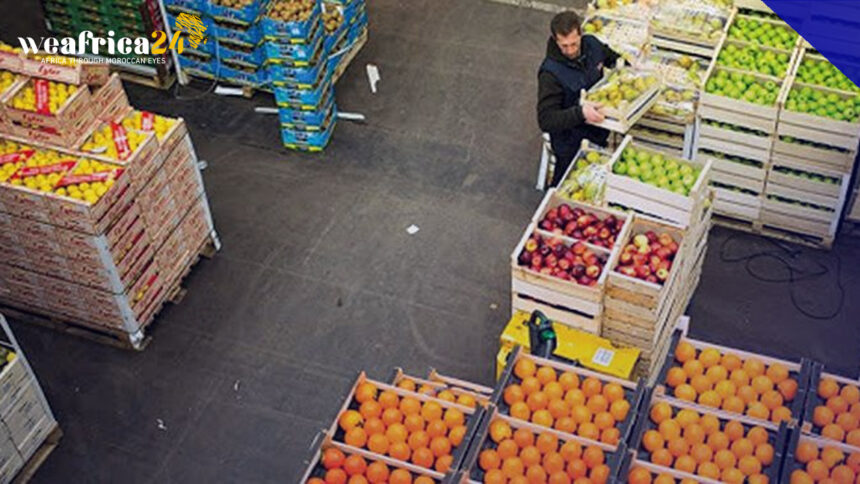The agriculture exportation business between Africa and Europe has witnessed remarkable growth and holds tremendous potential for both regions. With Africa’s vast natural resources and fertile land, combined with Europe’s strong market demand for agricultural products, this trade partnership has become mutually beneficial.
Significance of Agriculture Exportation Between Africa and Europe
Agriculture is a crucial sector for both Africa and Europe, playing a vital role in their respective economies. The agriculture exportation business between these two regions offers numerous benefits:
Economic Growth
Agriculture exports contribute significantly to the economic growth of both Africa and Europe. It generates revenue, creates job opportunities, and fosters economic stability.
Food Security
By exporting agricultural products, Africa contributes to global food security while meeting the demands of European consumers. Europe, in turn, diversifies its food sources and reduces dependency on limited regional production.
Technology and Knowledge Transfer
The collaboration between Africa and Europe in agriculture exportation enables the transfer of advanced farming techniques, technologies, and research. This helps African farmers enhance their productivity and sustainability.
Sustainable Development
Promoting agriculture exportation aligns with the United Nations Sustainable Development Goals, specifically addressing poverty reduction, gender equality, and environmental sustainability.
Key Sectors in Agriculture Exportation
Horticulture
African countries such as Kenya, Ethiopia, and South Africa have gained recognition for their high-quality horticultural products, including flowers, fruits, and vegetables. Europe’s demand for fresh produce makes horticulture a thriving sector in the agriculture exportation business.
Cash Crops
Africa is known for exporting cash crops like cocoa, coffee, tea, and cotton, which find substantial markets in Europe. The region’s favorable climate and suitable soil conditions contribute to the production of premium-quality crops.
Livestock and Dairy
Africa’s rich biodiversity supports the exportation of livestock and dairy products to Europe. Countries like Ethiopia and Kenya have established strong dairy industries, supplying Europe with milk, cheese, and other dairy products.
Challenges and Opportunities
Infrastructure
Insufficient transport, storage, and processing infrastructure pose challenges in the agriculture exportation business. Investments in transportation networks, cold chain facilities, and processing units are essential to overcome these hurdles.
Regulatory Barriers
Harmonizing trade regulations and standards between Africa and Europe are crucial to facilitate smooth agricultural exports. Addressing non-tariff barriers and ensuring compliance with international quality standards will foster trade growth.
Value Addition
While Africa exports raw agricultural products, there is potential for value addition through processing and packaging. This would enable African countries to capture higher-value markets in Europe, boosting their export revenues.
Climate Change Resilience
Climate change poses risks to agriculture production in both Africa and Europe. Collaborative efforts to promote climate-smart agriculture, sustainable farming practices, and investment in resilient crops are essential to ensure long-term growth.
Future Prospects
The agriculture exportation business between Africa and Europe holds promising prospects for expansion and diversification.
Trade Partnerships
Strengthening trade partnerships and collaborations between African and European governments, farmers, and agribusinesses will enhance market access, promote knowledge exchange, and foster innovation.
Investment and Technology Transfer
Increased investments in agriculture infrastructure, research and development, and technology transfer will drive productivity improvements, allowing African farmers to meet Europe’s evolving demands.
Sustainability and Organic Farming
Growing consumer preferences for sustainable and organic products in Europe present opportunities for African farmers to adopt environmentally friendly practices and cater to this niche market.







